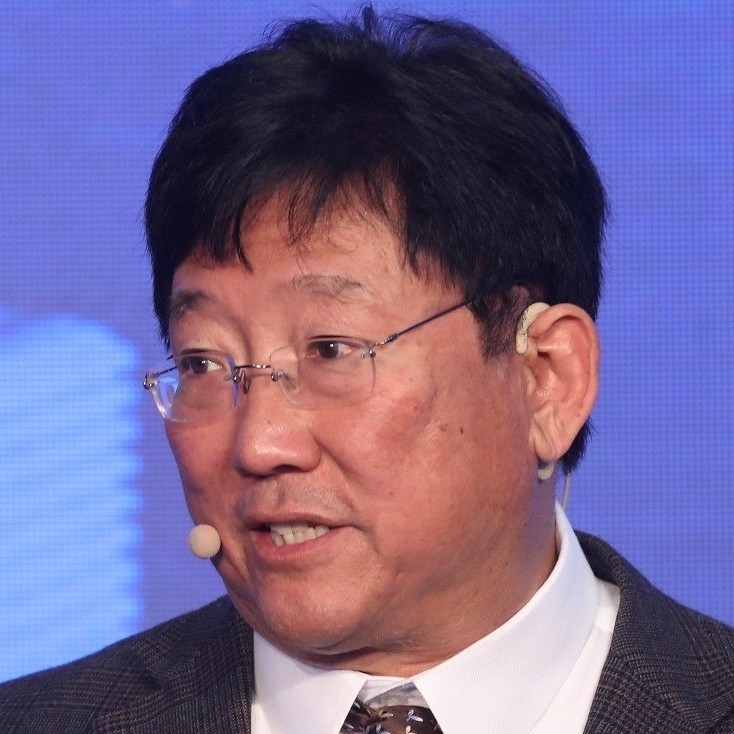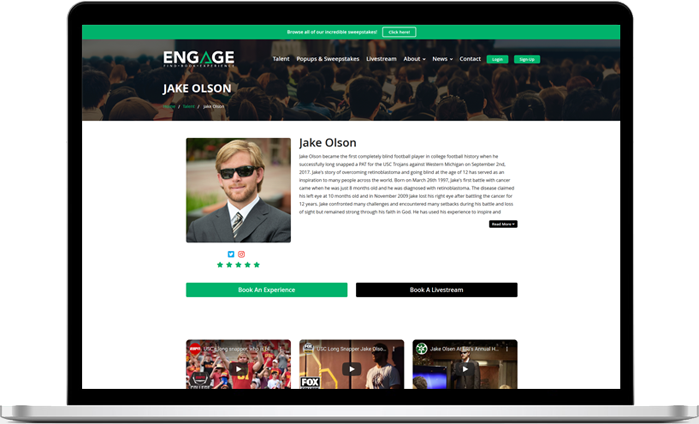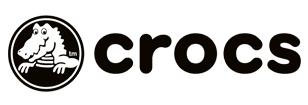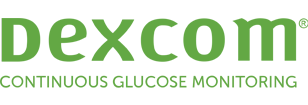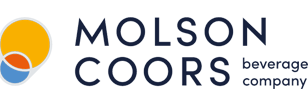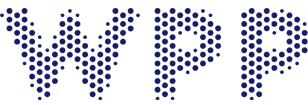Timothy Chou has a career spanning academia, successful (and not so successful) startups and large corporations. He was one of only six people to ever hold the President title at Oracle. As President of Oracle On Demand he grew the cloud business from it’s very beginning. Today he serves on the Board of Directors of Teradata (NYSE:TDC).
He started his career at one of the original Kleiner Perkins startups, Tandem Computers. He’s invested in and been a contributor to a number of other startups, some you’ve heard of like WebEx, and others you’ve never heard of but were sold to companies like Cisco and Oracle. He’s the Chairman of the Alchemist Accelerator focusing on Internet of Things and has invested in a select group of young companies all focused on cloud computing, blockchain, machine learning, and artificial intelligence.
In 1982, Tim was asked to teach a class at Stanford University. He taught introductory computer architecture for fifteen years and only stopped because he had to fly to Bali, do a sales kickoff and fly back in 24 hours to teach class. Since leaving Oracle he returned to Stanford, where he launched Stanford’s first course on cloud computing. . Now in its 15th year the course has featured guest lectures by nearly 100 public company CEOs. In 2022 we hosted the CEOs of VMWare, Couchbase, Samsara, Johnson & Johnson and Morgan Lewis. A few years ago one of the students in his class, Dr. Anthony Chang, introduces him to the world of pediatric medicine and inspired him to come out of retirement to work on his last great project – the Pediatric Moonshot.
The mission of the Pediatric Moonshot is to reduce healthcare inequity, lower healthcare costs and improve outcomes for children - locally and globally by creating privacy-preserving real-time applications based on access to data in all 1,000,000 healthcare machines in all 500 children's hospitals in the world.

